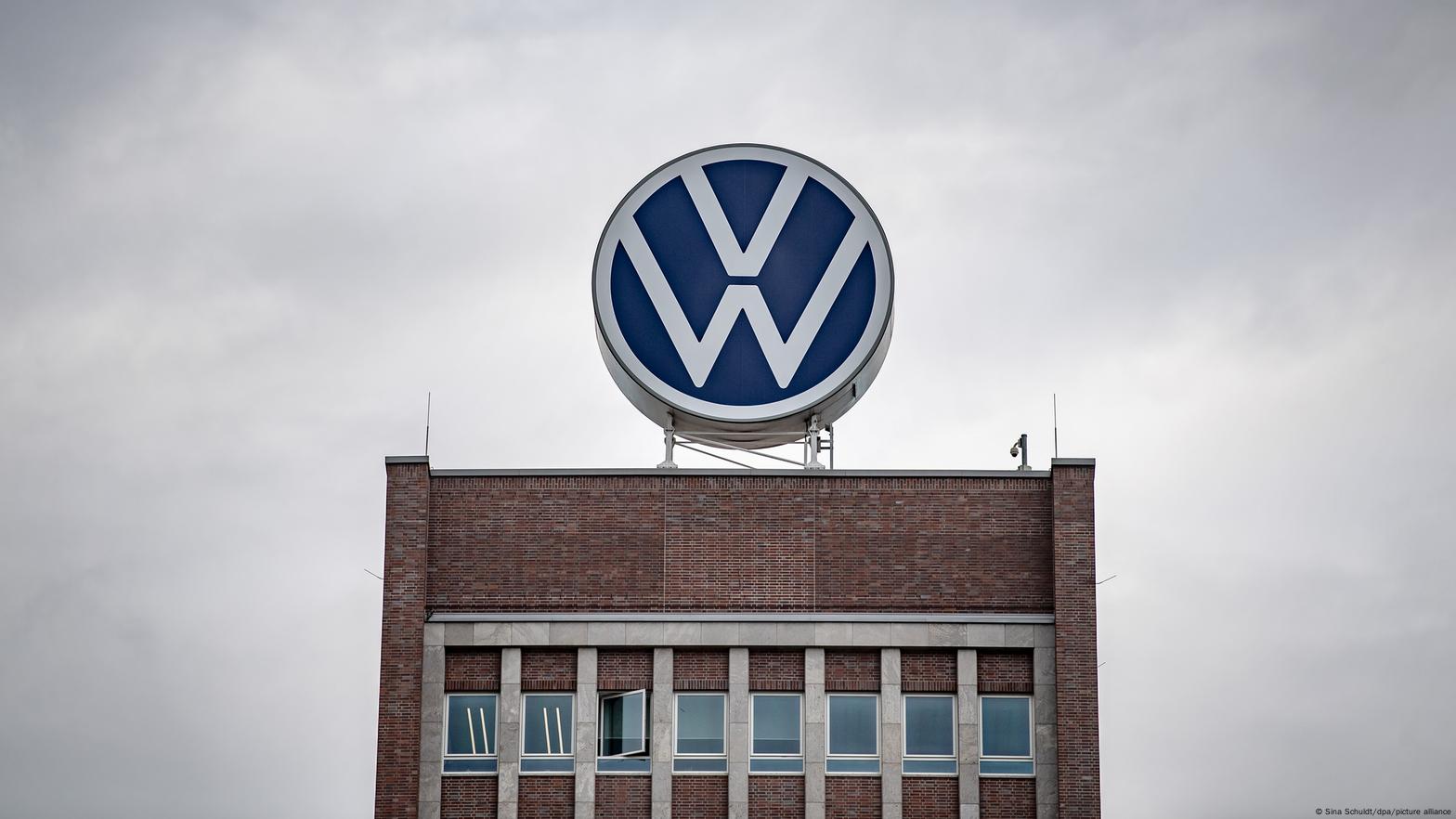Until now, the closure of Volkswagen (VW) plants in Germany was considered impossible. But now the country’s largest industrial employer is even announcing that it will cancel its 30-year-old job security programme by 2029.
An austerity programme was launched in 2023 that was to reduce costs by ten billion euros by 2026. However, according to an investigation by the German newspaper Trade sheetanother 4 billion euros will need to be saved.
VW CEO Thomas Schäfer said in a letter to employees on Monday (02.09.2024) that the situation was “extremely tense” and could no longer be alleviated by “simple cost-cutting measures”.
Which factories will be affected?
Volkswagen has not yet provided any concrete figures on how many of the approximately 120,000 jobs in Germany could be lost. There is also no information on which possible locations could be closed.
However, according to the works council, the closure of at least one vehicle plant and one component factory is being considered.
The plant in the Lower Saxon city of Emden is one of the possible candidates. In an interview with DW, the mayor of the port city, Tim Kruithoff, underlines the importance of the company as an employer: “Volkswagen and the Meyer shipyard are two of the largest employers in the region.”
Thorsten Gröger of the IG Metall union, meanwhile, called it an “irresponsible plan.” “This path is not only short-sighted, but also very dangerous: it risks destroying the heart of Volkswagen,” he said, according to the Reuters news agency.
“We will fight with all our strength, if necessary, in a tough conflict, to preserve all the centers and the jobs of our colleagues,” he added.
Without state intervention
However, many experts, such as the director of the Centre for Automotive Research (CAR) in Duisburg, Helena Wisbert, believe that the closure of VW plants in Germany is inevitable. Speaking to the media The Spiegelexplained that, until now, low capacity utilization at the plants had been offset by savings at suppliers, something that was no longer sufficient.
For Moritz Schularick, president of the Kiel Institute for the World Economy (IfW), the announced cost-cutting measures represent a change in the German automotive industry: “We must not stand in the way of structural change. Emerging industries are desperately looking for labour,” he told the business magazine. Wirtschaftswoche.
Economist Veronika Grimm also does not rule out the closure of factories, but asks that the state not intervene, she told the newspaper Rheinische Post.
Automotive expert Ferdinand Dudenhöffer said that VW is “more of a state-owned enterprise than a market-economy company.” Not only does the state of Lower Saxony own 20 percent of the company and sit on the carmaker’s supervisory board, but the so-called VW law also grants the state a blocking minority on important issues.
“Germany is deindustrializing”
According to Emden Mayor Tim Kruithoff, “the short-term withdrawal of subsidies for electromobility is an absolutely wrong decision.”
Overall, he believes that the responsibility for the current difficult situation lies not only with VW, but also with politicians: “Germany is deindustrialising and losing industrial jobs. Our country is currently not competitive for the development of future technologies such as the production of battery cells. And we have not even talked about everyday issues such as charging infrastructure.”
Continue reading:
· VW Beetles Hide a Small Bed and You Didn’t Know It
· A “very Mexican” Volkswagen exhibition in Germany shows the cultural importance of the “Vocho” for the Latin American country
· The famous Volkswagen combi is back and this is what it looks like
